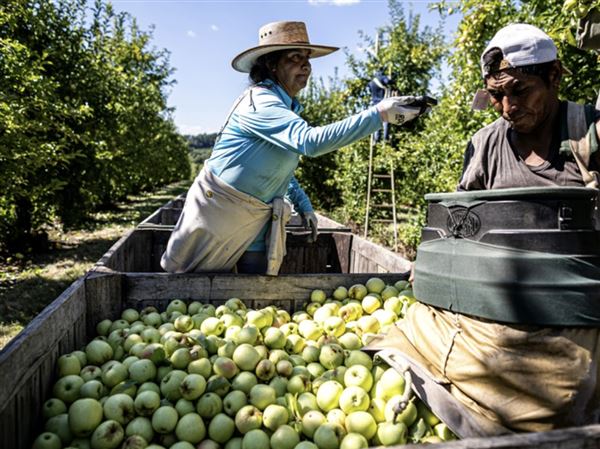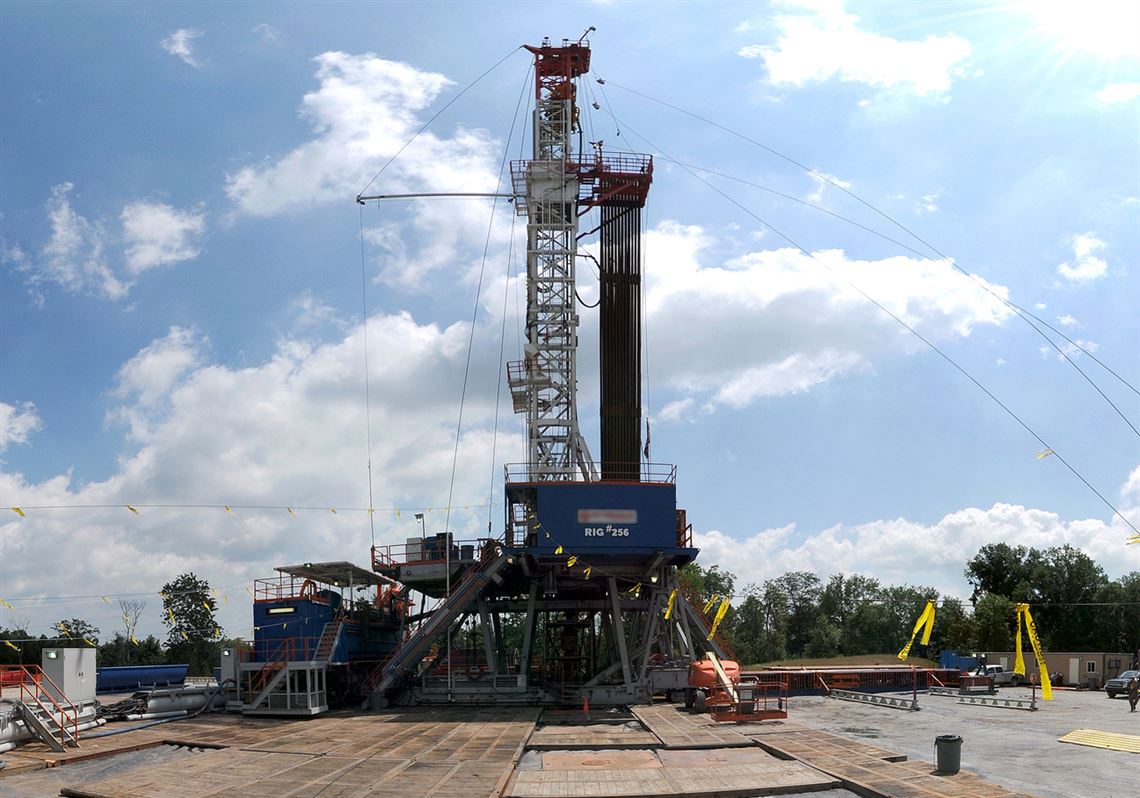HARRISBURG — Large fines paid by drilling companies kept Pennsylvania’s oil and gas regulatory program from bankruptcy last year, as program costs surpass dwindling revenue from well permits by nearly $700,000 a month, the program’s director said on Wednesday.
Scott Perry, the deputy secretary for the Department of Environmental Protection’s office of oil and gas management, laid out what he called the dire condition of the program’s funding situation to justify a DEP proposal to more than double the cost of a permit to drill a shale gas well from $5,000 to $12,500.
The program — whose staff size was reduced from 226 to 190 to cut costs — reviews permit applications, inspects well sites and develops policies to improve oversight of the industry. Its primary funding source is a one-time permit fee paid by companies for each well they apply to drill.
Nearly all of those fees are paid by shale gas companies, but Mr. Perry said they fund the broad scope of the office’s operations, including its oversight of traditional oil and gas wells, gas storage wells, abandoned wells and earthmoving activities for well sites.
The agency does not propose to raise permit fees for traditional wells, which number only about 100 a year and have had the same fee rate since 2009.
Shale gas well permit fees were last raised in 2014 with the expectation that companies would apply for 2,600 shale well permits a year. This year, they are on track to apply for just 1,500 permits.
With the staff reductions, Mr. Perry told an advisory board on Wednesday, “I think it is safe to say that the office of oil and gas management is currently not achieving any of its goals,” but the fee increase is needed just to maintain its current level of performance.
Absent a fee increase, the only way to balance the program’s revenue and expenses would be to furlough 70 staff members, he said.
“I could not pick a less ideal way of funding the office of oil and gas management than this extremely limited and completely unpredictable permit,” he said. But, he added later, “it is frankly the only option” that the office has.
The program does not receive an appropriation from the state’s general budget fund. It receives $6 million from the annual impact fees paid by shale gas companies. Last fiscal year, it received nearly $9.6 million from fines.
Industry groups have balked at the size of the proposed fee hike. The Marcellus Shale Coalition has said it “appears excessive and may be prohibitive for some operators.”
Indeed, Mr. Perry said it is likely the higher fee will lead to a drop in the total number of permit applications as companies get more particular about which projects they propose. Now, he said, the shale industry only drills about 40 percent of the well permits they receive in Pennsylvania.
DEP is planning to present a report on the state of the program’s funding to the Environmental Quality Board, a rule-making body, in March with a formal presentation of the regulatory proposal in May. Usually, it takes a year and a half to finalize a proposed rule, so a higher fee would not likely take effect until the summer of 2019.
Laura Legere: llegere@post-gazette.com.
First Published: February 14, 2018, 9:50 p.m.


















